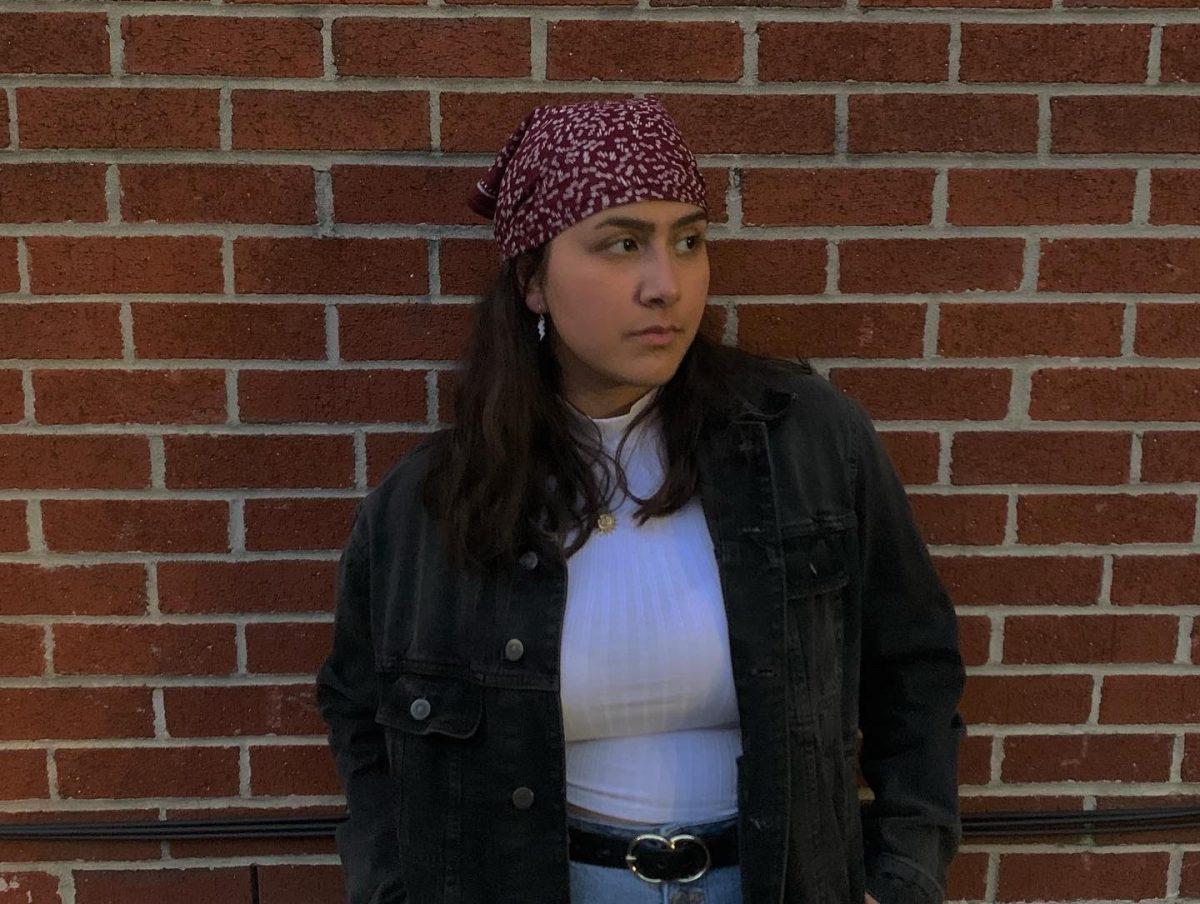Editor’s note: The following article contains content related to death, and interpersonal and domestic violence.
It isn’t unreasonable to think about the effect the media has on criminal cases. A lot of the time, many people on the internet think they can solve crimes, and sometimes they do better jobs than detectives on the case. In the recent case regarding Gabby Petito, YouTubers played a crucial role in finding clues that led to investigators finding her body. As disheartening as it is, the media coverage played a huge role in finding her, and furthered the need for justice.
Regrettably, there are always individuals who victim-blame and try to spew the narrative that Petito should have left the abusive relationship sooner. I am not one of those individuals. Instead, I offer that all missing women in the U.S. deserve the same amount of effort and coverage that Petito received.
The coverage Petito received is coined by Twitter users and scholars as “the missing white woman syndrome,” the idea that missing white women gain media attention much faster than any BIPOC women. This is not just a so-called leftist narrative either; it’s very much a phenomenon. A phenomenon that gets hidden so much a news anchor actually got suspended for wanting to talk about it.
According to a study done by sociologist Zach Sommers, missing white women are much more likely to gain coverage than any other group of women. The study also found that their cases are the most likely to get reported more than once. When reading this, did you recognize Petito’s name? What about if I mentioned Madeleine McCann? Exactly. For older crowds reading this, there was Natalee Holloway, Jennifer Kesse and Tara Calico.
All of these names were blasted out into the mainstream in hopes of finding these women. Some of them continue to be missing, but one search on Google and you find an abundance of photos, resources, articles and more.
But BIPOC women receive the short end of the stick. According to Native Women’s Wilderness, Indigenous women and girls are 10 times more likely to be murdered than all other ethnicities. The website is full of resources for reporting missing women, and even at the bottom of the page it shows that many states in the U.S. do not have any statistics, or very little, on missing Indigenous women. As for missing Black women, there is a huge resource called Black and Missing Foundation, which was created to provide resources, tip lines, report missing individuals and look at the true statistics and why BIPOC individuals are severely underrepresented in missing persons media.
As soon as Petito was reported missing, the FBI immediately started looking for her in Wyoming. This same state reported more than 400 Indigenous girls and women that all went missing between 2011 and the fall of 2020.
To be clear, this is not a competition for who can get the most coverage. This is about providing closure and justice for all these families that have lost their mothers, daughters, sisters, grandmas and more. All of these women deserve the same amount of coverage, regardless.
Petito was only 22, an age close to my own and many of our readers. It’s cliche to say that this can happen to anyone, but it’s simply too little, too late to say this. Any way you frame this, it’s violence against women.
Cases like those of Petito have shown the importance of looking out for one another. It can definitely be uncomfortable to throw yourself in a potentially dangerous situation, but if you ever see anything out of the ordinary, you need to do something about it. It could even be as simple as lending an ear to a loved one going through a traumatic experience or abusive relationship and pointing them to resources and safe spaces.
At NC State, we have resources like the Women’s Center and Counseling Center, whose only aim as an office is to help protect our students. One small intervention, one phone call or one counseling session could make a difference, so don’t let embarrassment stop you from potentially saving a life.
As college students, it’s not enough to merely educate oneself about these issues. The change must be aggressive, and it includes changing the narrative around missing women or the victims of this violence. It is, I repeat, never their fault.
If you or someone you know is experiencing relationship violence, sexual violence, stalking or any other form of interpersonal violence and are in need of advocacy services, the NC State Women’s Center has trained advocates available to offer crisis intervention, emotional support, resources and referrals. Students can contact the 24/7 Sexual Assault Helpline at 919-515-4444 or email ncsuadvocate@ncsu.edu to schedule an appointment with an advocate.














